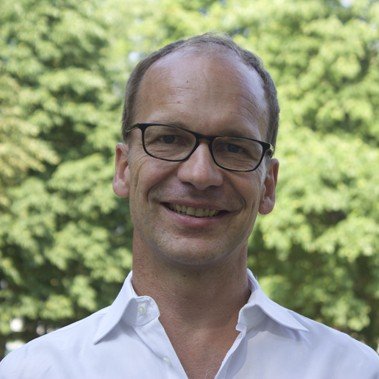Mobile World Congress: the focus is shifting away from digital health
For the last few years, digital health has been one of the top three major topics of the mobile industry. During this time, the world’s largest mobile industry tech conference — MWC in Barcelona — was full of connected digital health concepts. However, digital health has this year been pushed aside, with only a few companies like Nestle demonstrating examples of a new type of push in digital health.
By the time the Mobile World Congress (MWC) in Barcelona closed its doors for another year last week, we saw many technological innovations and announcements regarding VR, artificial intelligence, IOT, LTE M etc., but it was impressively quiet around how to apply these technologies to healthcare.
The MWC is one of the world’s largest technology shows, next to the Consumer Electronics Show in Las Vegas, Berlin’s IFA and Taipei’s Computex. All shows are highlights for the annual tech event calendar, and are ideal settings for anything new in digital. In Barcelona alone, GSMA (the organizer of the MWC in Barcelona) reported more than 100,000 visitors including a sizeable contingent of executives from across the high tech, telecoms and internet sector, but not from healthcare.
In previous years, the MWC reserved large areas for digital health companies on the exhibition floor. This year, digital health offerings where hidden somewhere in the large exhibition floors. Same applies to the digital health start-up companies that where showcasing their solutions in the 4YFN hall. Three to four years ago, the conference and seminar program was full of healthcare topics. This year there was only one panel in the official conference program about artificial intelligence in health care, and featuring some presence from MNOs.
In booths from mobile operators like AT&T or Deutsche Telekom, digital health topics were hardly visible and mainly reduced to a reselling of connected devices under the umbrella of IOT.
Consequently, or because of the decreasing interest of the MNOs in digital health, the GSMA (organizers of the MWC) have closed their health branch all together.
However, thanks to non-telecom industry exhibitors like Nestle, Roche or IBM (Watson), digital health was kept on stage and presented to a larger audience during the last week.

Nestle, having a large conference tent in the 4YFN, used digital health topics to motivate the large crowed of young entrepreneurs to develop solutions for pre-defined health and wellness initiative under the HENRI@Nestle umbrella.
Roche Diabetes Care presented at the Digital Health & Wellness Summit; organized as a side event to 4YFN by the ECHAlliance. It was a good first move to position Roche as digital player in healthcare in order to get feedback on their digital roadmap, and to attract talents to grow their digital team in Barcelona.
For IBM and the Watson related business models, healthcare has always played a major role. With the growth of the Watson business, the number of healthcare project references and use cases that have been displayed in Barcelona also increased.
While it is not a surprise to see IBM Watson on a mobile conference and exhibition, it is still not common for life science and healthcare companies to present their digital service offerings in an environment which is driving digitalization. Question is, why do car manufacturers like Ford or Seat have a big and growing presence at a tech show like the MWC in Barcelona and health insurance, pharma, med tech companies are hard to find? Not to mention hospitals.
Digitization of patient health records and connecting patients via mobile health apps with doctors and peers moved out of the pilot phase. Healthcare companies are building their mHealth app portfolios, reaching out to thousands of their patients using IOT, VR and artificial intelligence — the hot topics at MWC this year.
With the exception of a few first movers, the healthcare industry did not manage to cross any significant borders, or to link with other industries like the IT and mobile industry. In order to push digitization in healthcare, established healthcare players have to open up and, for example, present and discuss their solutions and concepts at tech shows like the MWC.
This would also to help to bring digital health back onto the agenda of the enabling industries, especially mobile operators.
Let’s make digital health great again!





